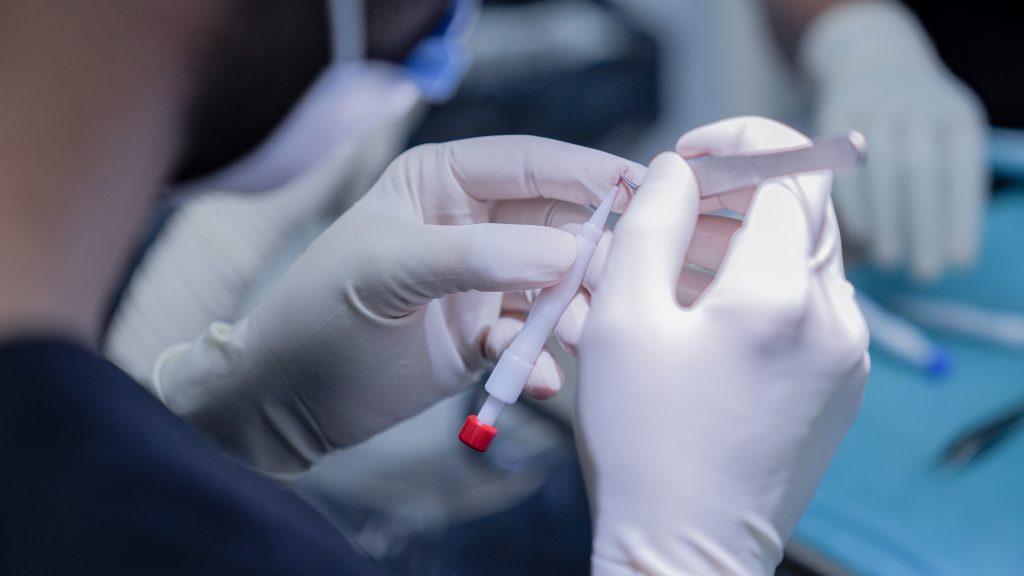
Articles
Burning scalp - special type of hair loss
Some individuals who develop telogen effluvium, or other conditions in which an increase in telogen hair follicles develops (as for androgenetic alopecia and alopecia areata), report painful burning sensation associated with hair loss.
Until recently this problem was not officially identified by dermatologists. Publications from the late 1990s have named these stinging and pain sensations as “scalp dysesthesia”, “burning scalp syndrome”, or “trichodynia”.
The cause of burning scalp syndrome is not known and has not been investigated in detail.
However, there is some preliminary research and much speculation that changes in the production and activity of neuropeptides in the skin may play a role in hair loss.
There is some evidence of an interaction between neuropeptides produced by nerve cells in the skin and the hair follicle cycle.
In particular, skin and hair follicle concentrations of a factor called “substance P” fluctuate in step with the growth and rest of hair follicles. Substance P hair loss can initiate pain sensations.
In principle, it may be that as the hair follicles are adversely affected in a hair loss disorder and more of the follicles enter a telogen resting state the levels of substance P or similar neuropeptides in the skin are significantly increased.
As a result, the scalp stings as hair loss progresses.
Alternatively, hair loss may involve increased inflammatory cell activity which can be quite common in hereditary hair loss. But much less so in telogenic effluvium.
A third explanation for scalp pain has been proposed based on an underlying psychological disorder in the affected individual.
Burning scalp syndrome is apparently treated by any dermatologist with tricyclic antidepressants.
Although these are commonly used to treat hair loss and depression and other similar disorders, it has also been shown that antidepressant medications reduce the production of substance P.
Thus anti depressants may work by directly reducing the levels of substance P in the skin and thus reducing local pain sensations.
Other suggested treatments have included non-irritating shampoos for hair loss, topical antipruritic or anesthetic agents, topical capsaicin, and corticosteroids.
Are you experiencing a burning scalp? Book a free consultation today and we’ll examine your hair and work out which treatment is right for you.


